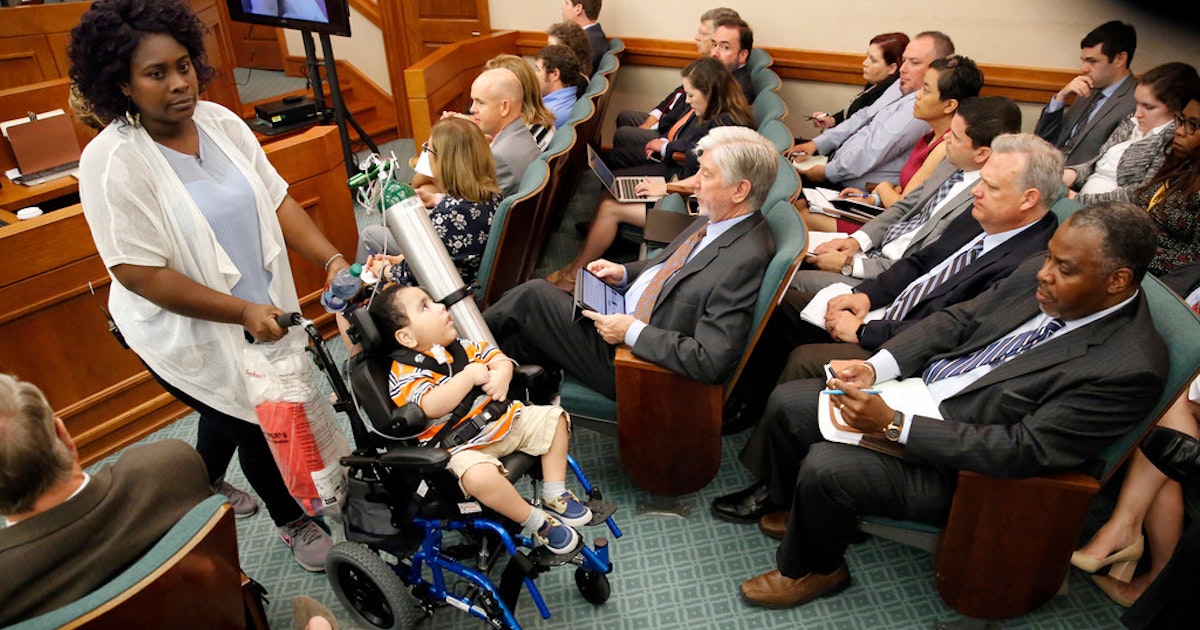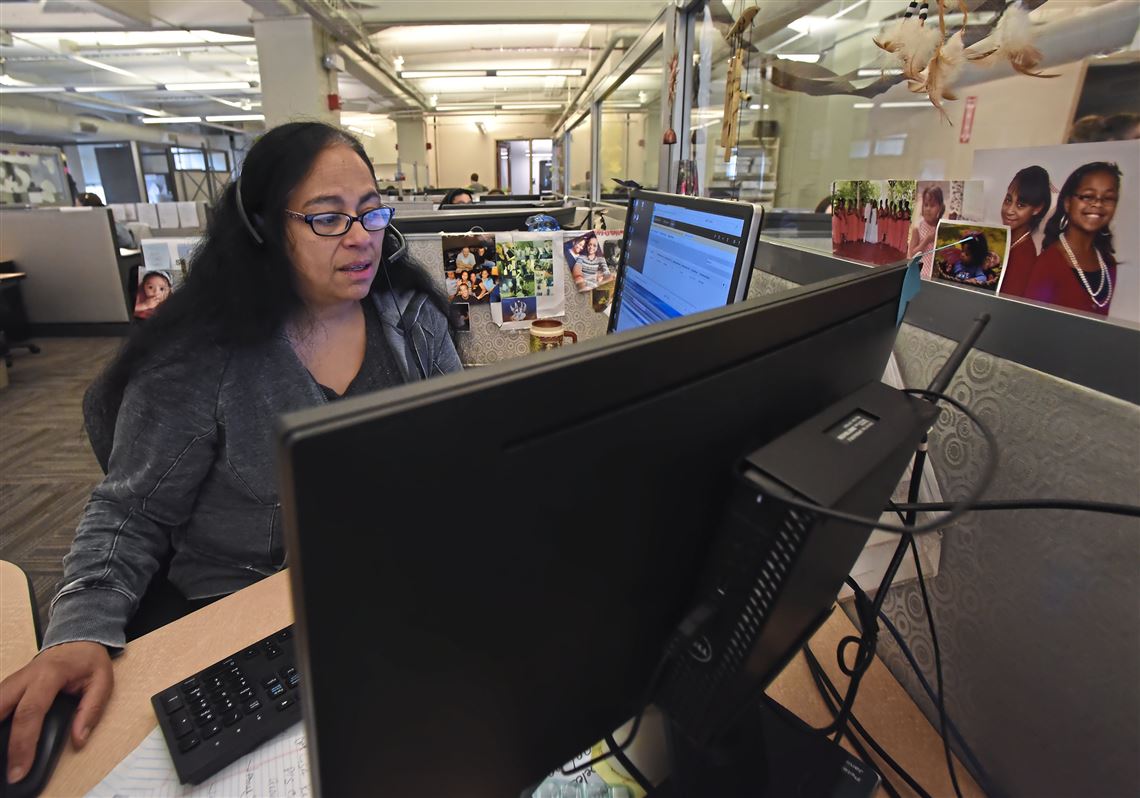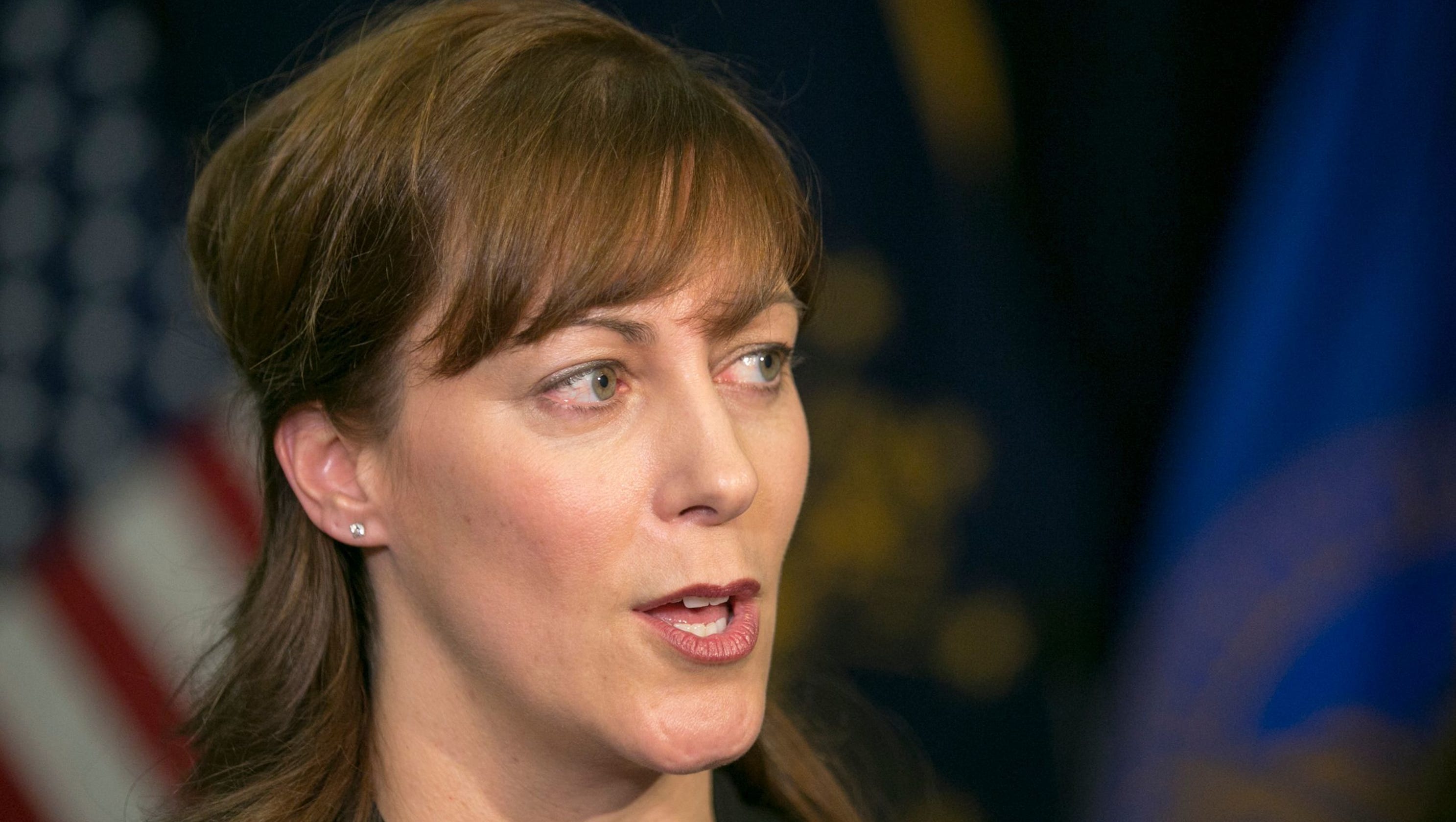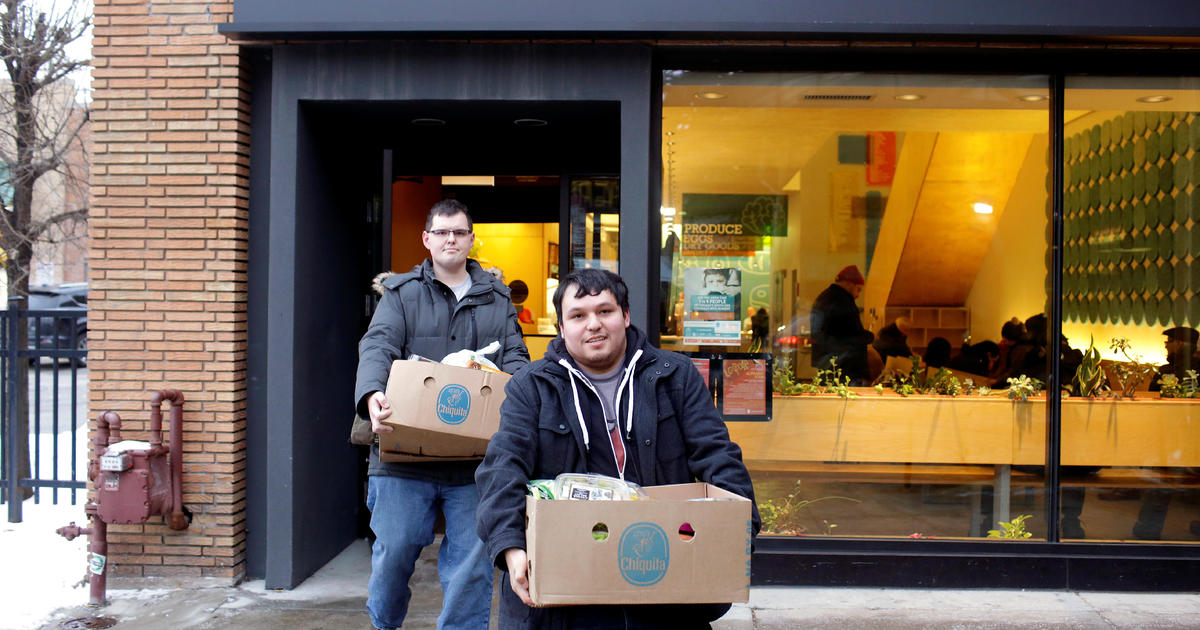A national decline in kids enrolled in Medicaid and children’s health insurance – with the sharpest enrollment rate drop occurring in Tennessee – means more children likely have been left without health insurance, according to a report released Thursday.
Georgia’s Medicaid and PeachCare programs covered 20,000 fewer children at the end of 2018 than the year before, a new report says. That 1.6 percent drop is less than an overall 2.2 percent decline in enrollment nationally, according to the Georgetown University Center for Children and Families. The report, released
AUSTIN – In 2016, a foster baby born with severe defects needed constant monitoring from a nurse, to ensure he didn’t pull out his breathing tube…
About 5 percent of adults over age 65 said they skipped or rationed medication, or didn’t fill a prescription because of cost, according to a new report.
While Americans are aware that people in poverty need food, many don’t realize the problems caused by a lack of diapers.
The relocation is viewed by critics as the latest case of the Trump administration stifling the work of nonpartisan experts.
Move could reduce the number of families eligible for CYFD program
The Trump administration wants to count canned spray cheese, beef jerky, nacho cheese dip, and frozen burritos as staples under a proposal that could allow more retail stores to accept food stamps.
Bobby Akins lives on Auburn Avenue in downtown Atlanta. He lives in a high rise and has a fixed income, but finds himself in a food desert. That’s an urban
When several Shop ‘N Save grocery stores closed last year in north St. Louis, residents in some neighborhoods were left without easy access to healthy
Felons in Broward, Palm Beach and Miami-Dade counties owe more than $1 million in fees and interest. That makes a voter-approved amendment to restore felon voting rights meaningless for many of them.




























